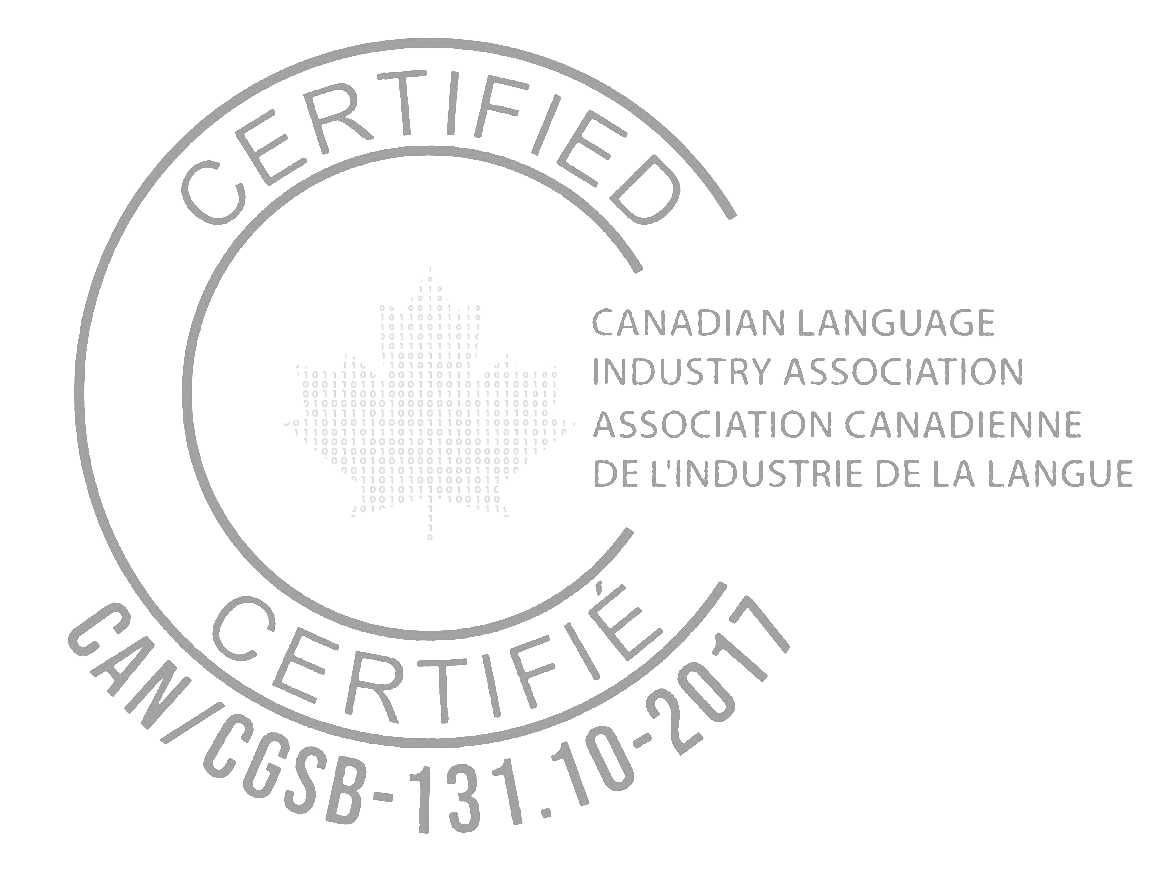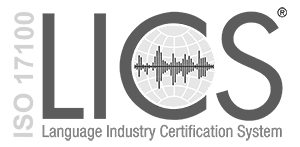This article was originally authored and published by Langlois Lawyers, LLP (Elisabeth Neelin).
INTRODUCTION
On May 24th, 2022, the Quebec government adopted the Act respecting French, the official and common language of Québec (the "Act"), previously and more commonly known as Bill 96. Many of the amendments to the Charter of the French Language (the "Charter") and other statutes are already in force, with others following in the coming months.
These amendments have reinforced existing French-language requirements and added additional obligations that go so far as to affect the validity of consumer and standard form contracts and set out the extent to which French must be the language of service for both consumers and private businesses in Quebec. While the changes are far-reaching, the Act tempers the impact of this reform in certain, exceptional situations. To help navigate these changes, we have provided below an overview of the key elements of the reform and detail some of the, albeit limited, exceptions to the general rule that French is the language of commerce in Quebec.
CONTRACTS AND OTHER COMMERCIAL DOCUMENTS
Generally, subject to limited exceptions, all contracts and documents must be drafted and made available in French to comply with the new requirements of the Charter. All documents related to the contract, such as invoices and receipts, are now also subject to the same requirement.
Contracts of adhesion (standard contracts pre-determined by one party)
Under the previous version of the Charter, while contracts of adhesion were already required to be drawn up in French, choice of language clauses were accepted.
Now, for a non-French version of a contract of adhesion to be binding, two conditions must be met:
- The adhering party must have given its express consent to be bound by the other-language version; and
- The French version must have been previously provided to the adhering party, meaning that a French version must exist.
There are some exceptions to the blanket rule that all contracts must have a French version. For instance, certain contracts, such as contracts of employment, certain contracts in the finance and insurance industries and, importantly, contracts used in commercial relationships with persons outside of Québec, are exempt. See here for a table detailing the requirements and the excepted contracts.
This new framework will come into force on June 1st, 2023.
Consumer contracts
Following the amendments to the Consumer Protection Act, parties can no longer validly consent to having a consumer contract drawn up in any language other than French, unless a French version of the contract has been provided to the consumer beforehand. Otherwise, the contract may not be valid and binding. As a result, companies must always have a French version of a consumer contract.
This new framework is, as of June 1st, 2022, in force.
Other contracts and documents
In addition, the following contracts must, from now on, be drawn up in French, unless it is the express wish of the parties that they be drafted exclusively in another language:
- Contracts for the sale or exchange of part or all of a mainly residential property of fewer than five dwellings or a fraction of certain mainly residential condos,
- A promise to sell or exchange such a property,
- The preliminary contract as it relates to the sale of a residential property, built or to be built, by a builder or developer, and
- The informational memorandum as it related to the sale of a fraction of a divided co-property or of the sale of an undivided co-property share in a residential property.
This new framework is, as of June 1st, 2022, in force.
Commercial documentation, now including purchase orders
The Charter already provided that publicly available documents such as catalogues, brochures, folders and commercial directories were to be written in French. Purchase orders, and any other publicly available document of the same nature as those listed, are now added to that list.
It is prohibited to make any of these documents available to the public in a language other than French unless the French version is available on terms which are at least as favorable as the other version(s).
This new framework is, as of June 1st, 2022, in force.
COMMUNICATIONS WITH CUSTOMERS
The Charter already provides for the right of a consumer of goods and services to be informed and served in French. Now, there is an explicit requirement for companies offering goods and services to respect this right and to inform and serve all customers, not just consumers, in French.
Consequently, any and all communications with customers in Québec must be in French.
Exceptionally, the consumer is not entitled to seek to put an end to the violation of this right if it was committed by a company that employed fewer than five persons at the time of the violation.
This new framework is, as of June 1st, 2022, in force.
COMMERCIAL ADVERTISING AND PUBLIC SIGNAGE
As a general rule, public signage and commercial advertising must be in French. They could also be both in French and in another language as long as the French version appears in a markedly predominant way. This rule remains unchanged by Bill 96.
A new framework is established regarding the use of non-French trademarks in public signage and commercial advertising, creating a narrow corridor for the application of this exception. Two conditions must be fulfilled in order for public signs and posters in commercial advertising to use a trademark which is drawn up, even partially, exclusively in a language other than French:
- The trademark must be duly and completely registered within the meaning of the Trademarks Act; and
- A corresponding French version must not appear in the register kept under that Act.
It would appear from the drafting that if a French version of the trademark is registered, it will not be possible to use the non-French version.
This new framework will come into force on June 1st, 2025.
PRODUCT MARKINGS AND LABELING
Prior to the reform, markings and labels on products, their containers or wrapping, as well as the documents or the objects supplied with them (e.g., instructions for use, certificate of guarantee, etc.) had to be written in French, but that they could be accompanied by one or more translations. The Charter now specifies the non-French versions must not be accessible on more favorable terms than the one written in French.
Further, the use of a trademark in a language other than French on a product, its container, its packaging, or on the accompanying documents will also be subject to the same additional restrictions as those that apply to commercial advertising and signage (see above). Additionally, if a generic term or a description of the product is included in the trademark, it must appear in French on the product or on a medium which is permanently attached to it. The exact scope of this new provision remains ambiguous, particularly because of the lack of precision as to the scope of the expression "a generic term or a description of the product".
These new rules can impact anyone who sells, distributes, rents, offers or holds a non-compliant product
The amendment to specify that inscriptions on a product in a language other than French cannot be made available on more favourable terms came into force on the date of Royal Assent, June 1st, 2022. The provision concerning the use of trademarks in inscriptions on products will come into force on June 1st, 2025.
LEGAL PROCEEDINGS
All companies (legal persons) will only be permitted to file legal proceedings in English when accompanied by a certified French translation by an accredited translator at the filing party's expense. The clerk of the Quebec courts will refuse any unilingual filings. Further limitations will come into force related to the issuance of English-language judgments and the translation requirements for certain types of proceedings. This requirement will impact any company instituting proceedings in Quebec or having to defend themselves before the Quebec courts.
This new filing requirement will come into force on September 1st, 2022.
SANCTIONS
The Charter’s reform intensifies the consequences which can be imposed in the event of a breach of the Charter. Notably:
- The Minister of the French Language, after consulting the OQLF, may revoke a permit or similar authorization held by a company that repeatedly contravenes the Charter
- The provisions of an act or contract may be declared void if they constitute a breach to the provisions of the Charter
- In a contract of adhesion, the adhering party is presumed to be unaware of an external provision drafted in a language other than French, unless the contract has been drafted in the other language at their request.
- A provision drafted in a language other than French is deemed incomprehensible, unless the contract has been drafted in the other language at the request of the weaker party
Penal sanctions have also been made stricter and fines have consequently been increased. Notably, a corporation who contravenes to, notably, an order issued by the OQLF to become compliant or cease a breach of the Charter is guilty of an offense and liable to a fine ranging from $3,000 to $30,000.
This new framework is, as of June 1st, 2022, in force.
CONCLUSION
It is clear from the amendments to the Charter that, as a general rule, companies and organizations are required to prioritize French in almost all spheres of activity. Indeed, the answer to the question "Do we need to do this in French" will almost always be a resounding "Mais oui!".
Some of these requirements are already in force and the OQLF has already started to come knocking. Under the circumstances, companies and organizations would be well-advised to take a close look at how these requirements impact their existing and future business, both to explore avenues for compliance and to identify any possible exceptions or exemptions from which they may be in a position to benefit.
The Langlois team is equipped to accompany companies in this review to work towards compliance and peace of mind. For further information, please contact Elisabeth Neelin (Elisabeth.Neelin@langlois.ca).
Further resources regarding the amendments and implementation of Bill 96 are available here.














